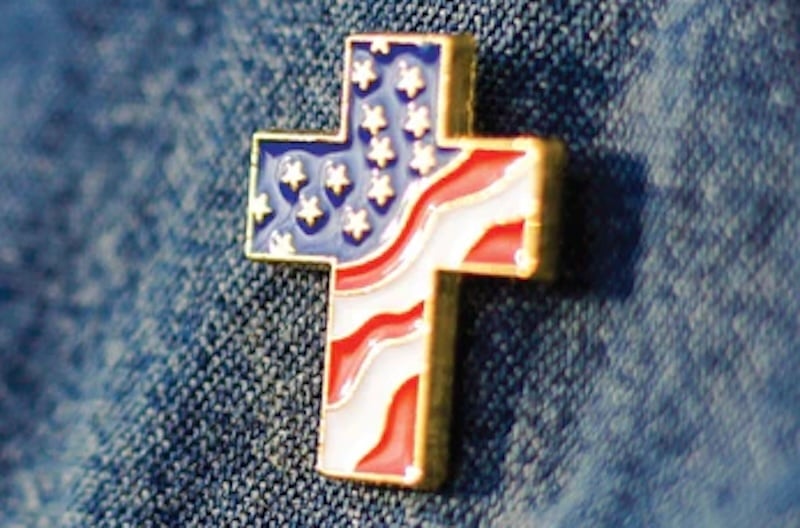In the introduction to his new book, In Defense of Christian Patriotism, Daniel Darling writes, “In Scripture, God commands a number of loves. We are to love God, love our family, love our neighbors. But what about love of country? It can be easy for a modern Christian to dismiss this love as superfluous to Christian duty. However, a fundamental assumption of the Christian life is that we are to be grateful to God for the things that he gives us. The specifics of our birthplace fall under that category: our family, our home, our community… We’re to love our home as the place where God has planted us, not because it’s the best of all possible homes but because it’s a space we’ve been given to steward.”
Login to read more
Sign in or create a free account to access Subscriber-only content.
Topics:
